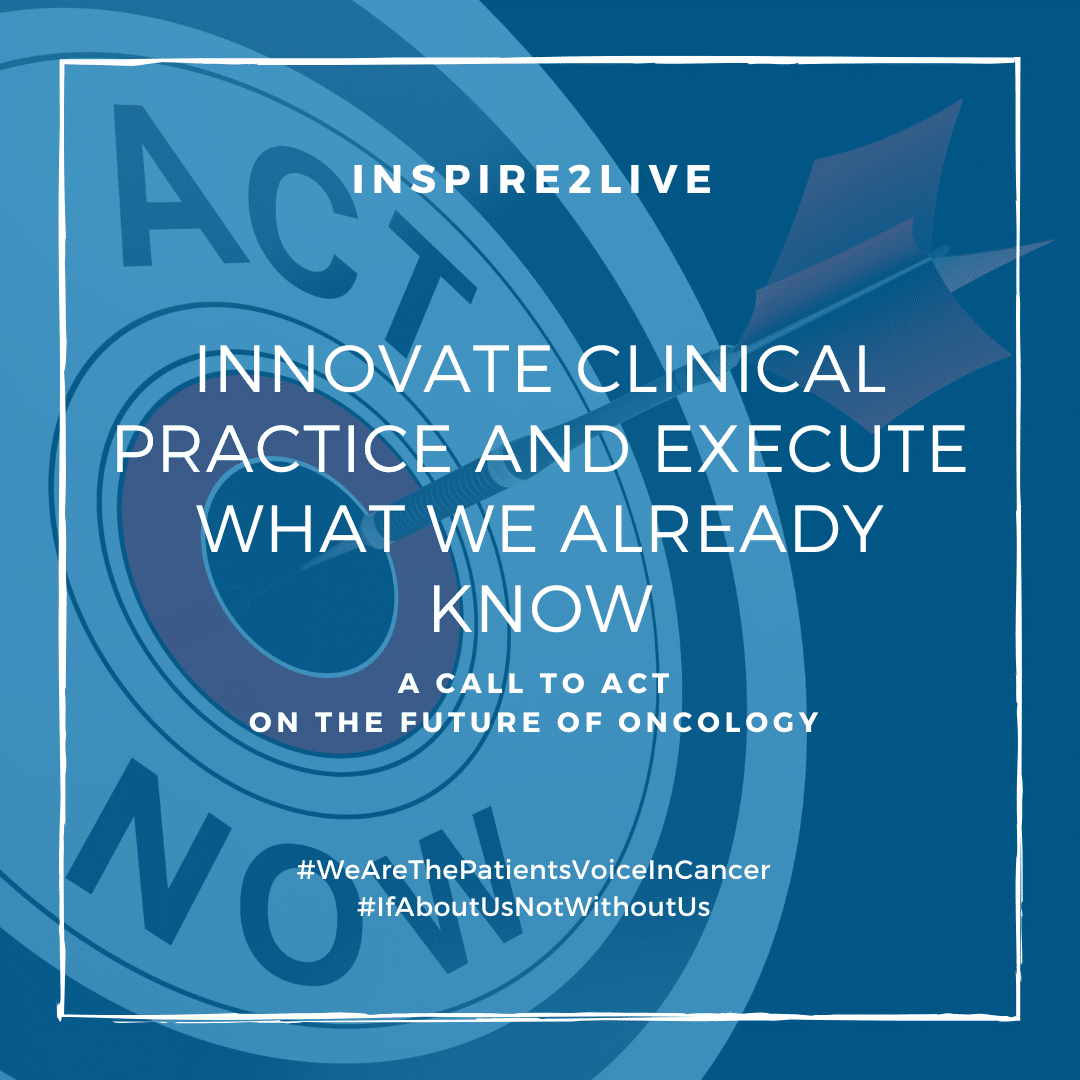Research drives progress in cancer treatment
We are aware that research is the driving force behind progress in cancer treatments. Forty years ago, almost all children with leukaemia died. Today, in high-income countries, over 95% of these children survive. This is an extraordinary achievement and a testament to the power of science. However, in low- and middle-income countries (LMICs), such outcomes remain out of reach. This profound and inhumane disparity must be addressed.
Survival gains are uneven across cancer types
Yet even in high-resource settings, only a limited number of cancers are effectively managed. We have made significant advances in many haematological malignancies, thyroid cancer, testicular cancer, and more recently in melanoma. But for others, such as pancreatic cancer and glioblastoma, the prognosis remains dire. In these cases, we celebrate marginal gains in life extension per decade. We must be honest: we can—and should—do better.
A new era demands a new approach
As Albert Einstein famously said, “Doing the same thing over and over again and expecting different results is insanity.” For certain cancers, traditional randomised controlled trials (RCTs) are no longer fit for purpose. These conditions demand a new approach—precision medicine must be given its rightful place in clinical practice. Today, we have the tools to develop truly personalised treatments. This does not imply perfect outcomes, but the evidence is clear: we can achieve significant improvements. This new approach combines:
- Advanced molecular diagnostics, including Whole Genome Sequencing
- Artificial Intelligence to analyse individual patient data
- Real-world evidence from large-scale treatment databases (the US draws from a dataset of 400,000+ cancer patients, expanding by 10,000 patients monthly)
- Ex vivo drug sensitivity screening, where appropriate
Personalised treatments show promising results
Results from the United States show that, when applied, these strategies can yield outcomes over 50% better than standard of care in selected patient populations.
We must learn and evolve from new methods
Once patients are treated using these personalised methods, it is essential that we continue to monitor and learn. We must acknowledge that no method is perfect—but evolution in clinical practice comes from doing things differently, based on scientific knowledge. Traditional methods have proven valuable, but they now reveal their limitations.
The time for action in oncology is now
Science has delivered the insights; patients are ready for change. Now it is time for clinicians and systems to act. We must not delay implementing what we already know to be effective. The future of oncology depends on it.
Peter Kapitein
Patient Advocate Inspire2Live

